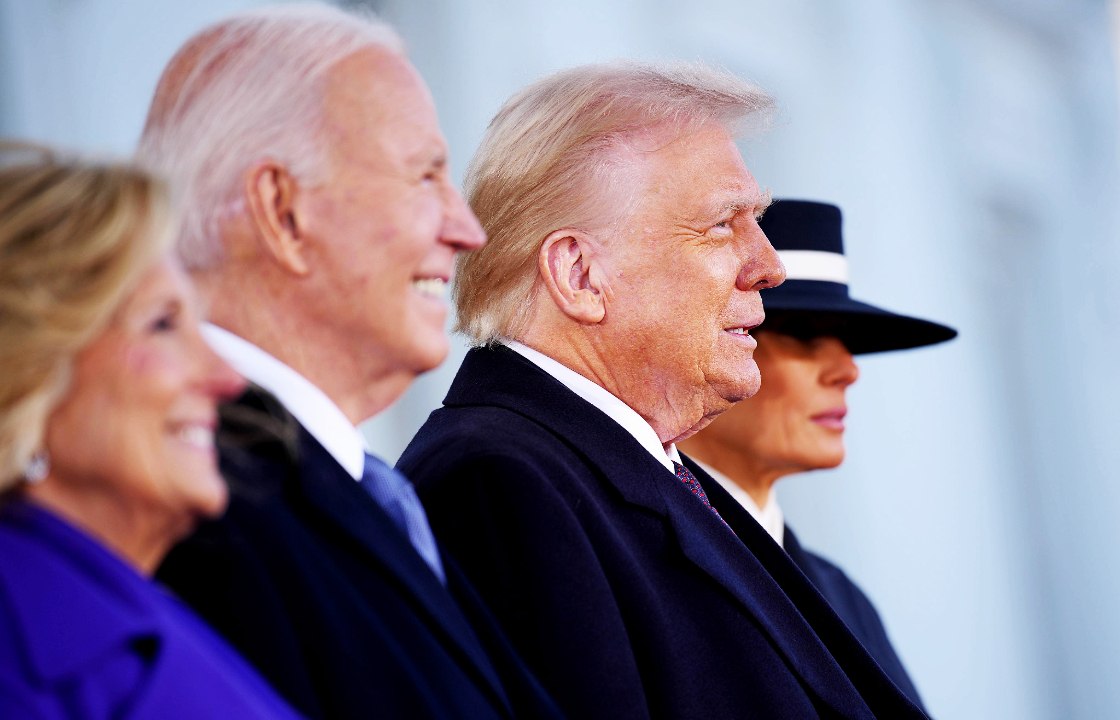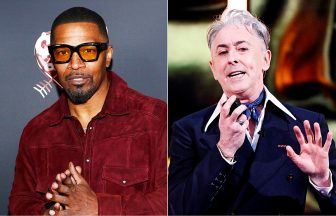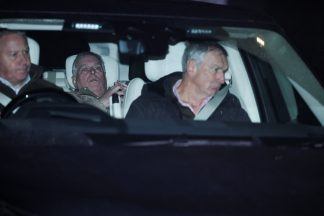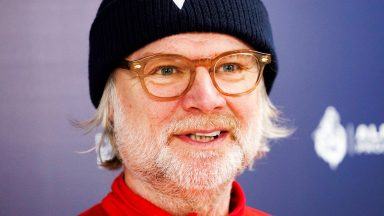This sequel will be bigger than the original.
The world will be watching the return of Donald Trump as President of the United States more closely than anything from the roller coaster plot that has been American politics over the past decade.
As he’s inaugurated for the second time, it’s hard to believe that ten years ago, Donald Trump was a property developer with a TV format, and a couple of golf courses in Scotland.
Now, returning to the most powerful office on the planet, there’s a feeling he’s being unleashed in a way that will eclipse the drama of his first term, from 2016 to 2020.
Let’s be clear: just like not everything Donald Trump says is true, not everything he promises comes true, either. Last time he entered the Oval Office, he promised to build a wall along the southern US border, and make Mexico pay for it. The wall was only partially built, but Mexico didn’t pay a penny.
Likewise, he said he would face down North Korea and negotiate an end to its nuclear ambitions. That didn’t work out either. In any number of areas, the Trump rhetoric outstrips reality.
But the American people voted to put him back in the White House, so the threats have resumed. We should find out very soon which ones he intends to deliver on – his team have promised a flurry of executive orders on day one, dismantling his predecessor Joe Biden’s agenda.
Most of those will be focused on domestic issues, but businesses and political leaders in Scotland, across the UK and around Europe will be watching for action in two key areas: tariffs, and support for Ukraine.
Donald Trump has previous form when it comes to trade tariffs. During his first term, Scotch whisky became collateral damage in a wider trade dispute over subsidies for aircraft manufacturers, with 25% tariffs costing the industry an estimated £600m in just two years.
Now, the returning US President says he’ll pursue a much wider trade war, not just against America’s economic rival China, but against its allies in Europe, including the UK. All foreign imports to the US face a sweeping threat of tariffs that could cost an unknown number of jobs.
Like his threat to annex Canada and buy Greenland, many interpret the warning over tariffs as a negotiating ploy. So what does Donald Trump want?
Greater US economic dominance, for sure; but the answer brings us to Ukraine, and Trump’s claim that he can end the war there in a single day. It won’t take long for that one to be proven, one way or the other – but what he really means is, if Europe wants Ukraine to keep fighting Russia rather than sit down at the negotiating table to hear Vladimir Putin’s terms, it needs to pay the price of the war on its own.
That’s why European countries and NATO allies are already boosting their defence spending and arms industries, at significant cost. But nothing can fill the gap if the US decides to withdraw its support from Ukraine, to force an end to the war. If that does happen, it would plunge the continent into an age of insecurity not known since the depths of the Cold War.
America’s allies are scrambling for a response to the latest volley of threats. Some want to stand up to Trump, others want to cooperate. Keir Starmer’s UK Government clearly seeks to do the latter, and even First Minister John Swinney has sounded a more conciliatory tone than his two predecessors.
But it’s hard to see how the UK has anything other than a tense relationship with a new Trump administration. Starmer’s Labour government shares little common ground politically with the most right-wing US leadership in modern history.
The two leaders have met, and reportedly have a good personal connection. But Elon Musk, the billionaire tech tycoon who owns the X social media platform and has the ear of the new US President, clearly has a deep personal dislike of Labour and Starmer.
An early test of the so-called ‘special relationship’ will be how soon Starmer is invited to the Trump Oval Office for a meeting; and whether the UK Government’s choice as British ambassador to Washington – the former New Labour guru Peter Mandelson – is accepted or rejected.
More broadly, politicians from the right on this side of the Atlantic are already betting on the success of the Trump agenda, and hoping it can prove popular in the UK – even though the latest polls show two thirds of Britons have an unfavourable view of the incoming US President.
Some, like Nigel Farage, will be watching today’s inauguration in person from the US Capitol building. Whether you tune in from afar or not, the rest of us are all part of this drama, once again.
Follow STV News on WhatsApp
Scan the QR code on your mobile device for all the latest news from around the country


 Getty Images
Getty Images


























